The violence of abortion and the domestic abuse bill
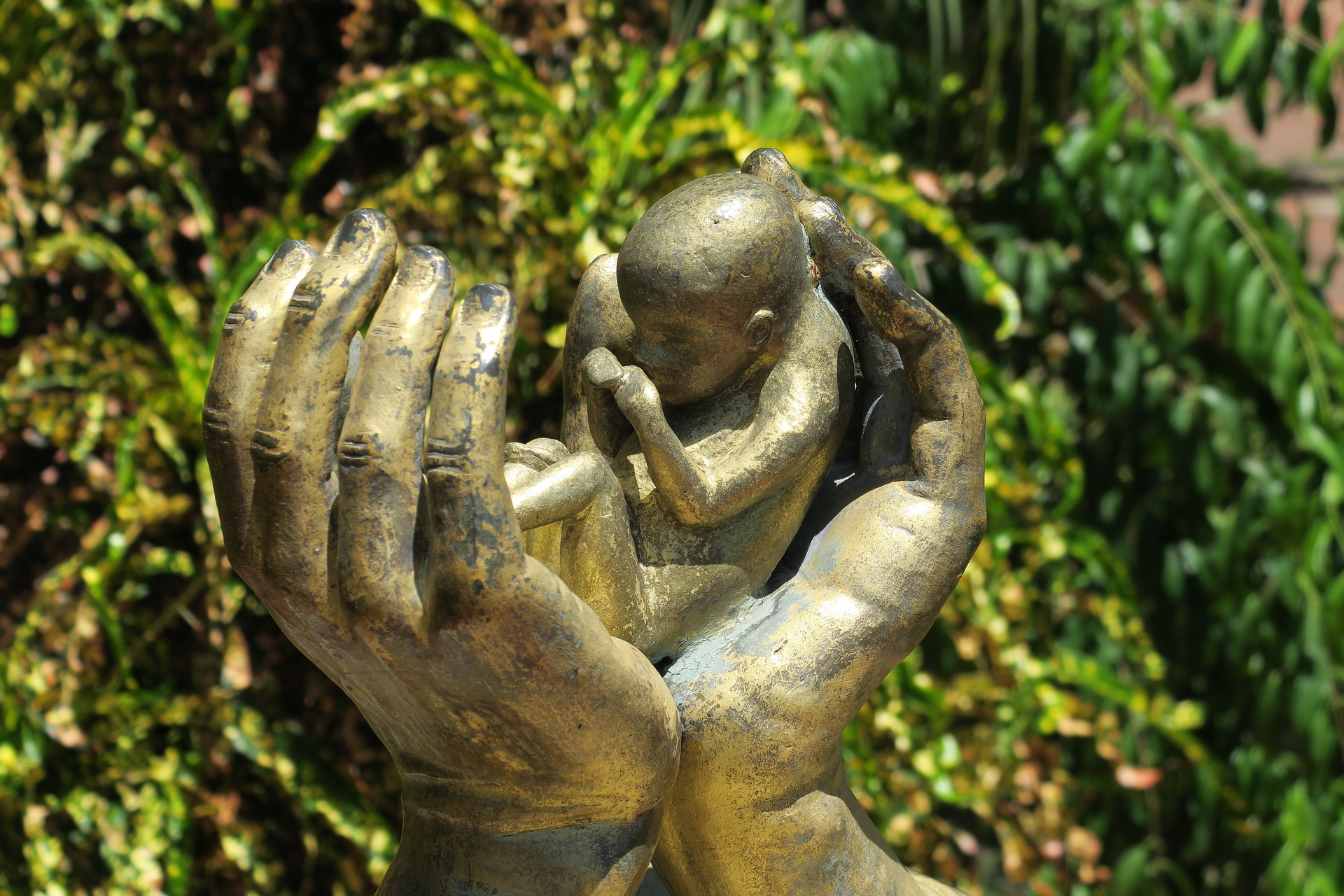 It was 1998. I was a young medical intern working in a small hospital in an Indian village. I had looked forward to being posted there as it was meant to be a ‘rest period’ after many sleepless months of working in surgery and hospital medicine.
It was 1998. I was a young medical intern working in a small hospital in an Indian village. I had looked forward to being posted there as it was meant to be a ‘rest period’ after many sleepless months of working in surgery and hospital medicine.
One morning a young lady attended our clinic with her mother who was concerned about the ‘lump’ in her daughter’s belly. That lump looked rather familiar. Indeed, my supervisor confirmed that she was nearly 40 weeks pregnant. You may wonder how any woman could mistake a pregnancy for a tumour. A bit about conservative Indian culture – there is no sex before marriage. If it occurs, we don’t hear about it. I had certainly not come across any pregnancies out of wedlock during my years of studying medicine in Kerala, and my few years of working as a qualified doctor in India. It is such a taboo subject it is rarely discussed. It is understandable therefore that this mother fully expected her daughter to ‘guard the family’s honour’ by never having sex before marriage, to the extent that she did not recognise the most common ‘lump in the stomach’.
It became apparent that the young woman (a Hindu) had had an affair with her Muslim landlord’s son and fallen pregnant. What happened next was one of the most distressing and conflicting moments of my 20-year medical career. The doctor in charge of the clinic gave the pair the details of a doctor who would terminate the pregnancy illegally. While abortions are legal in India, the limit is 20 weeks. I began to have visions of a baby being decapitated and extracted limb by limb from her uterus…visions that continue to haunt me. At no point was the young woman consulted. She was not asked whether she wanted to keep the baby or not. The decision was not hers to make in a conservative Indian family.
There are thousands of women like this across the world who have no choice in whether or not they have an abortion. ‘Choice’ in this context, is a Western notion that assumes an autonomy of female decision-making that is alien to many.
Sadly, in my 20 years of working as a psychiatrist in England, I have been surprised by the reports of abortion I have heard in this ‘liberal’ society. This is particularly odd as I am a forensic psychiatrist and therefore my patients have been mainly men (as there are more male convicts than female). Yet I will never forget the young, educated, secular, white English woman who decided to talk to me about her story (when I hadn’t asked). She was consulting me on a matter that was unrelated to her pregnancy, and yet in the middle of describing her life as part of a routine psychiatric assessment, she took a detour to the one baby she had conceived. The one life she had terminated. I let her speak, and allowed her time to wipe her tears and to remain in silence to honour her dead child. This young lady, I thought, was the epitome of choice, and yet her ‘choice’ had brought her so much emotional pain and suffering.
During my psychiatric career, I have met patients who connect their mental health breakdowns to being coerced by their (English) family into having an abortion. I have heard an anecdotal story of a Catholic patient being encouraged to have an abortion, without any consideration being given to her fervent religious beliefs. Conversely, I know of an African nurse who asked a patient with schizophrenia (who was not displaying any symptoms) if she really wished to have an abortion. The woman changed her mind and the nurse lost her job. It seems it is acceptable to offer an abortion to a Catholic woman regardless of her beliefs, but entirely unprofessional to clarify ‘choice’ in one who was being encouraged by other professionals to have one. The pendulum of ‘choice’, it seems has swung to one side, the side that favours abortion.
About a year ago, in a well-publicised case, psychiatrists tried to compel their patient to have an abortion against her will. While this was a unique event, subtle and less subtle forms of coercion are not uncommon when a woman becomes pregnant within a mental health hospital. While we are trained to respect patients’ views on medication, treatment, sexual preference and cultural needs, their right to have children is still viewed in the most primitive manner.
My research (along with colleagues) a few years ago among mental health professionals regarding the sexuality of their inpatients, revealed heightened anxieties about their ‘service users’ falling pregnant. We discovered that many professionals had an ‘abject fear of patient pregnancy’ although they generally acknowledged that in most instances, even a psychotic woman had the capacity to understand the consequences of sexual liaisons. However, a few of the experienced psychiatrists and psychologists we interviewed assumed that the relationship that culminated in this ‘nightmare’ scenario (for the professional), was inevitably abusive. This thinking was based on a deeply held anxiety and not on science. Interestingly, this irrational fear of an unplanned pregnancy seems to run through British society. This is driven by a – generally subconscious – support for eugenics, and the dread of an apocalyptic future where the human population outgrows earth’s capacity to support it. The underlying (unspoken) belief is that only the privileged, in healthy, economically viable relationships should be allowed to procreate. The further the pregnancy shifts from this perfect norm, the greater the pressure on the woman to forego choice in favour of the greater good. How many babies are being aborted in England today because the money-conscious partner, the commitment-phobic boyfriend, the mother, the father, the best friend or the psychiatrist thinks it is ill-advised to continue? Is this real ‘choice’?
As an Indian female psychiatrist, I am particularly concerned about attempts to de-criminalise abortion that were, ironically, recently linked to a bill on domestic violence. Although the attempt failed on that occasion, the issue will come round again, and it is worth highlighting some of the issues.
According to one study, as many as seven per cent of women in the UK have been coerced into having an abortion. This suggests that a large number of the 200,000 abortions performed annually in the UK are not carried out as a result of the woman’s choice. This is despite stringent safeguards whereby doctors who provide abortions without a woman’s consent can face imprisonment. How will reducing those safeguards protect women? Can violence against a woman be more extreme than when a baby is forcibly extracted from her womb? Don’t the lives of these vulnerable women matter? Why, in the name of protecting women, are we offering their abusers a free pass?
On the contrary, the Government should strengthen procedures to protect pregnant women from abusive relatives. It should commission research into this area, to improve our understanding of the extent of the problem. There should be improved training for doctors to help them pick up subtle forms of coercive control that are prevalent within certain cultures. Mental health professionals especially need support in dealing with their anxieties, so as not to project them onto vulnerable women. The Government should strengthen the ties between abortion providers, the police and prosecutors in the interests of women, and not sever these links.
Kalpana Dein is a Consultant Forensic Psychiatrist who has practised psychiatry in England for two decades in a wide variety of settings – outpatient clinics, community mental health teams, inpatient units, private hospitals, forensic units, prisons and courts. She spent her childhood years in the Middle East and subsequently graduated from Trivandrum Medical

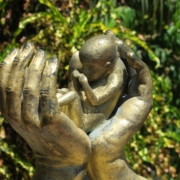

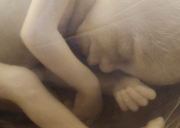
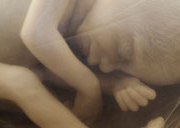
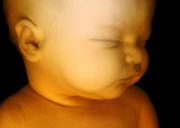

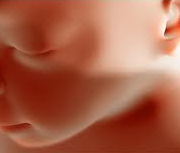




Leave a Reply
Want to join the discussion?Feel free to contribute!